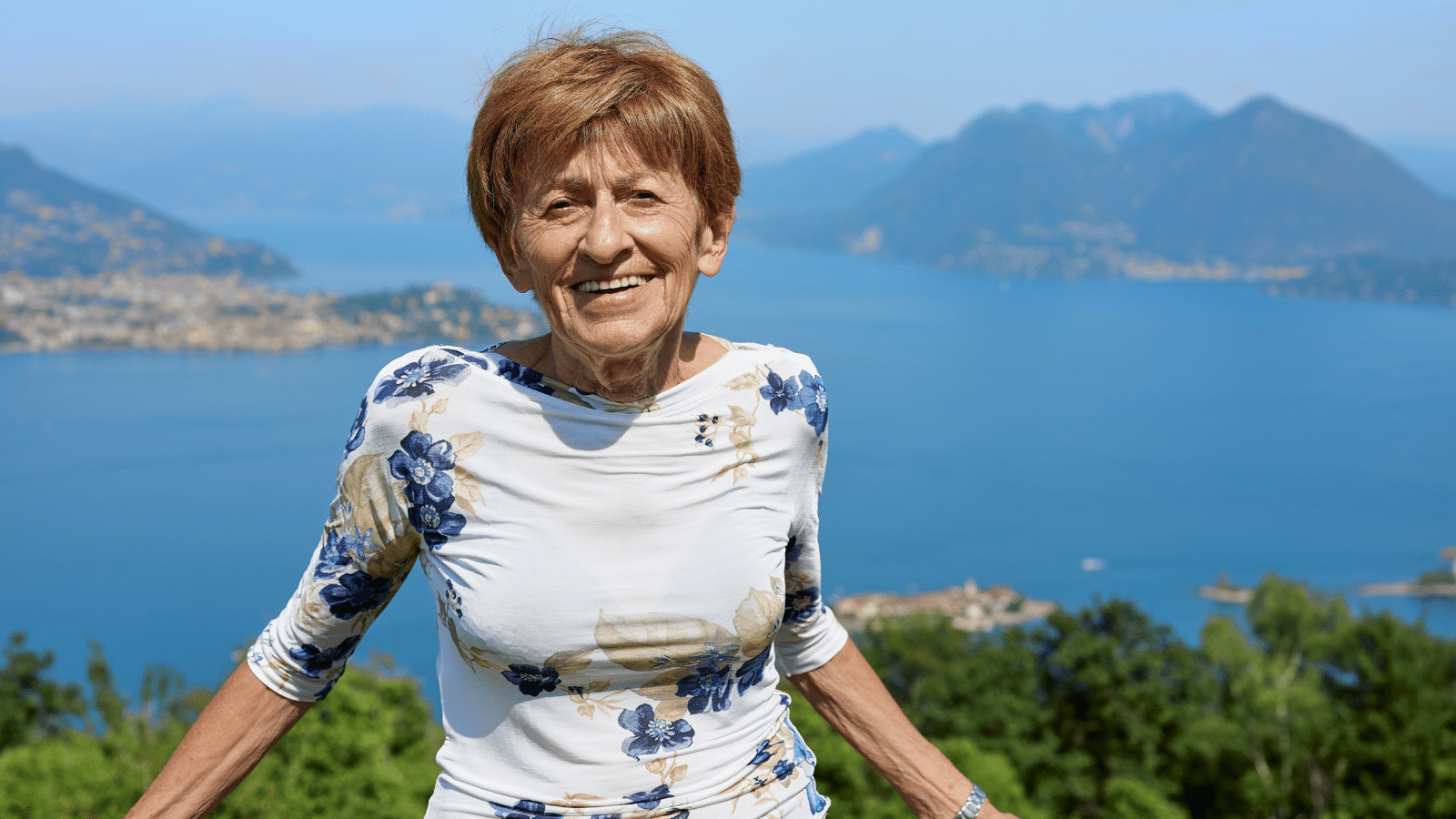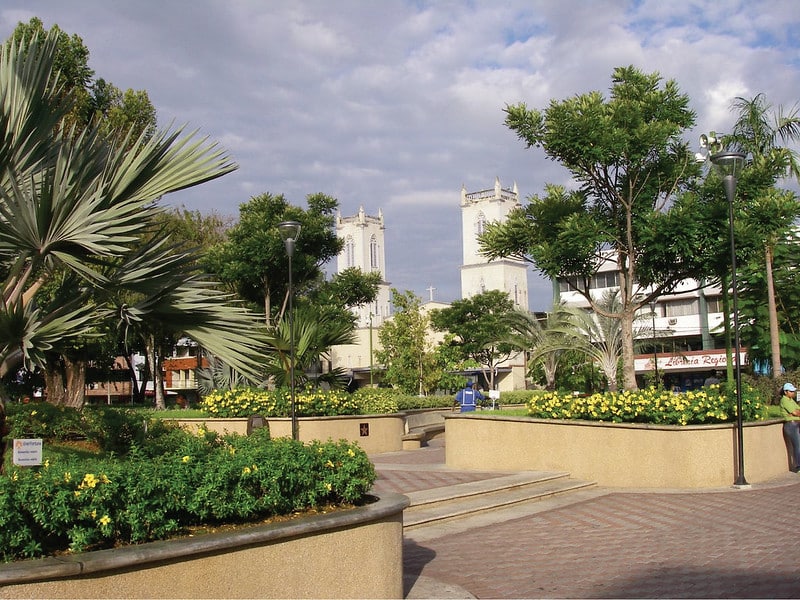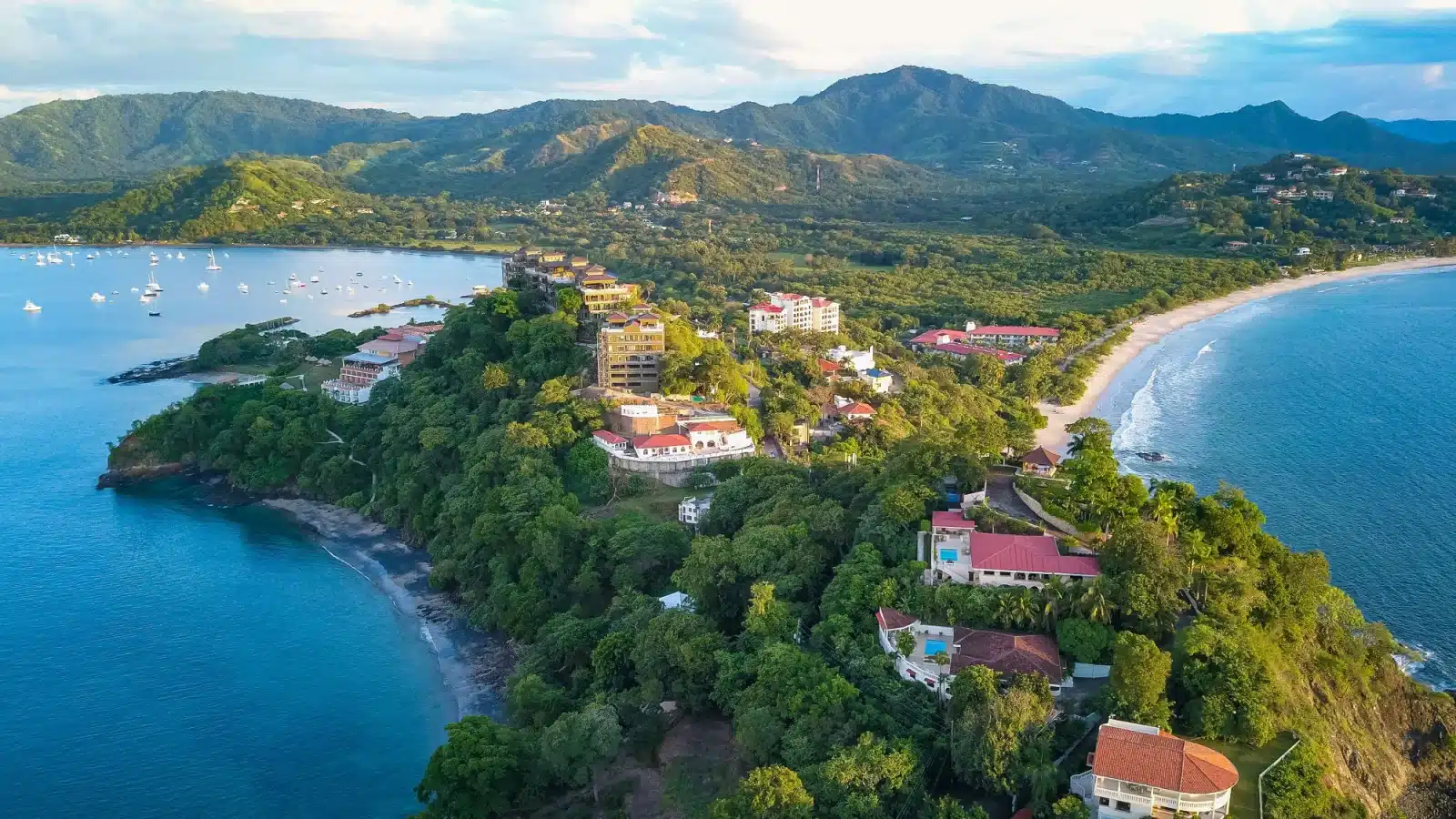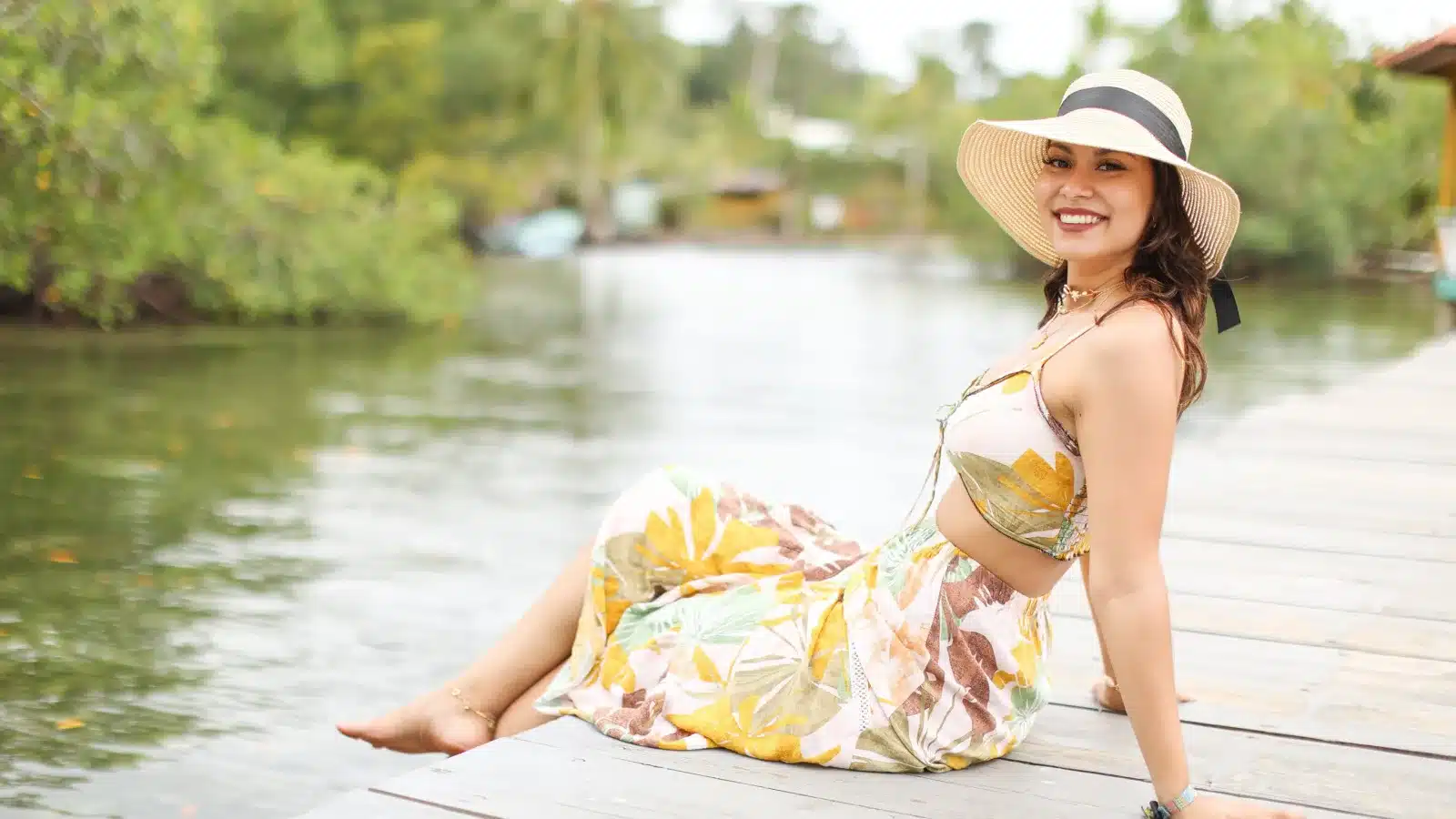Blue Zones are areas of the world where people reportedly live much longer than average. Although the evidence is anecdotal, there are enough examples of centenarians in those locations that scientists continue to research the regions.
The original Blue Zone was Nuoro Province on the island of Sardinia in Italy. Later additions were the Nicoya Peninsula in Costa Rica, the island of Icaria in Greece, Okinawa Prefecture in Japan, and the city of Loma Linda, California.
Here are some characteristics of those regions.
Family-Oriented
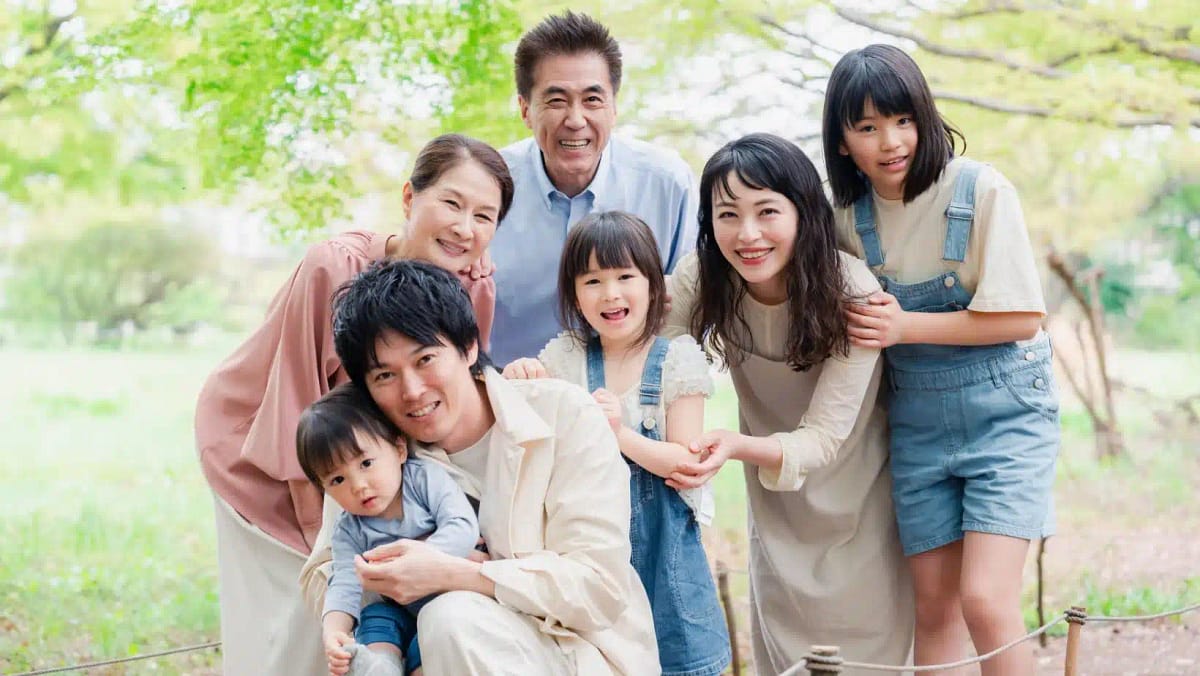
Greek, Italian, Costa Rican, and Japanese families are especially known for multi-generational family relationships.
No Smoking

It’s no surprise that smoking doesn’t contribute to longevity, but it’s impressive that these regions avoid the addiction.
Plant-Heavy Diet
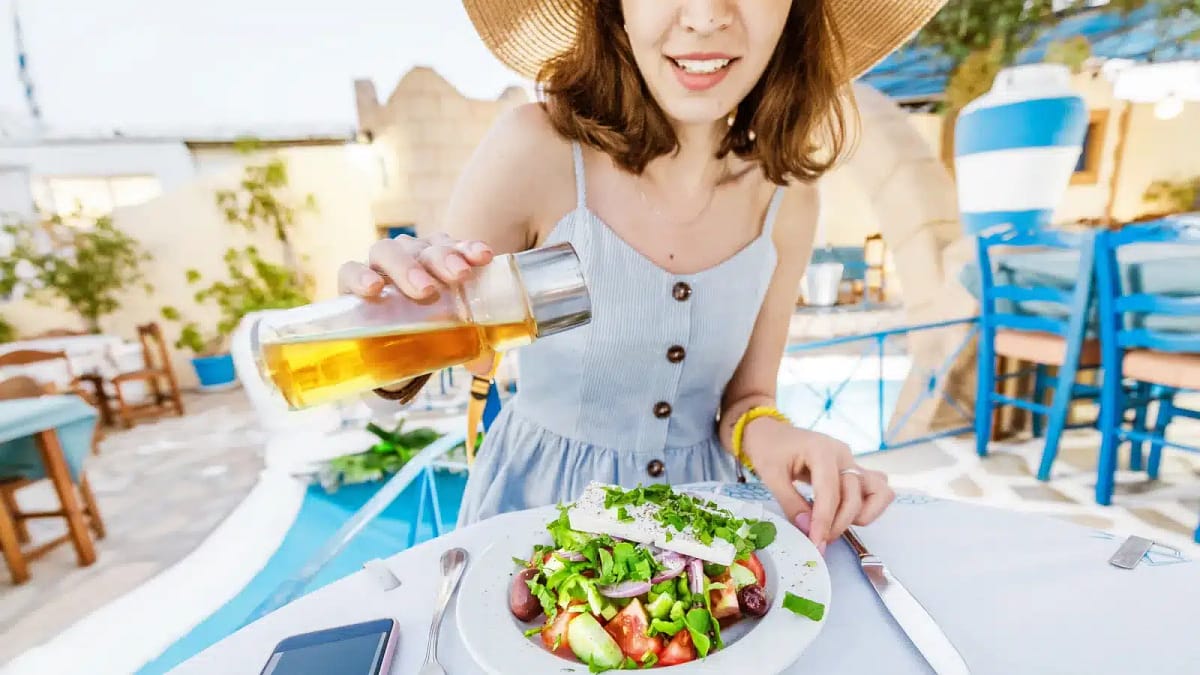
Fish is also heavily consumed in these coastal areas, but it’s fruits and vegetables—like zucchini, olives, cabbage, and tomatoes—that researchers believe play a role.
Constant, Moderate Physical Activity
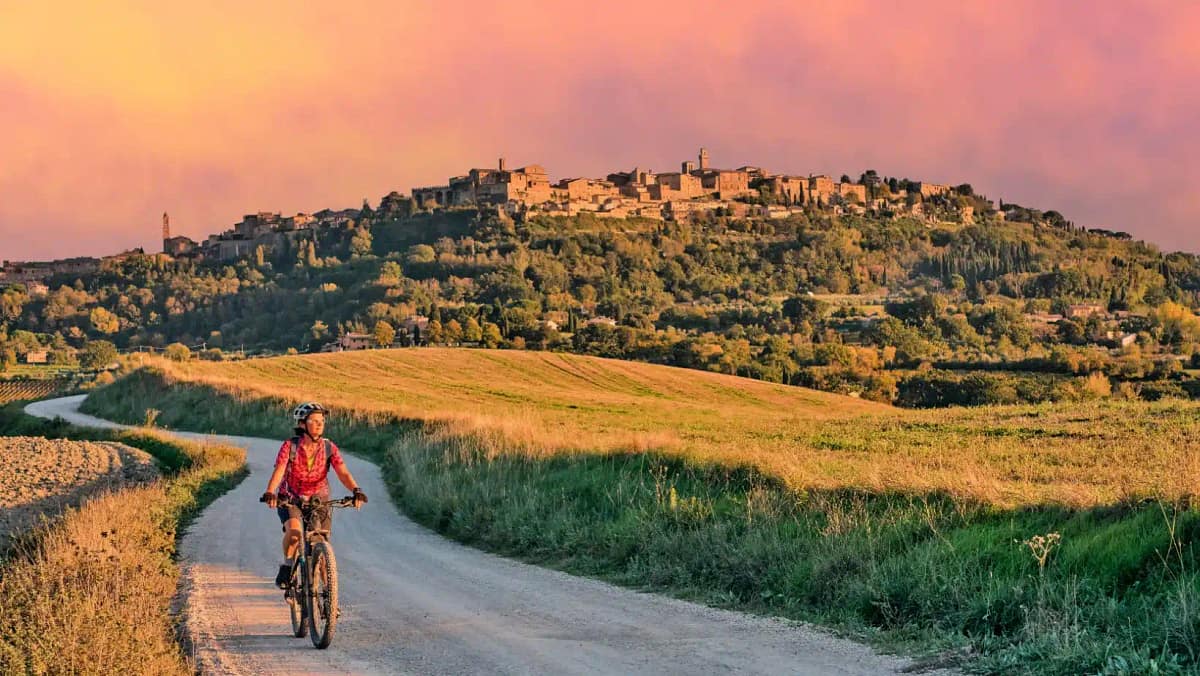
Unlike many Americans, who drive to sedentary jobs, Blue Zone dwellers stay gently moving.
Social Engagement
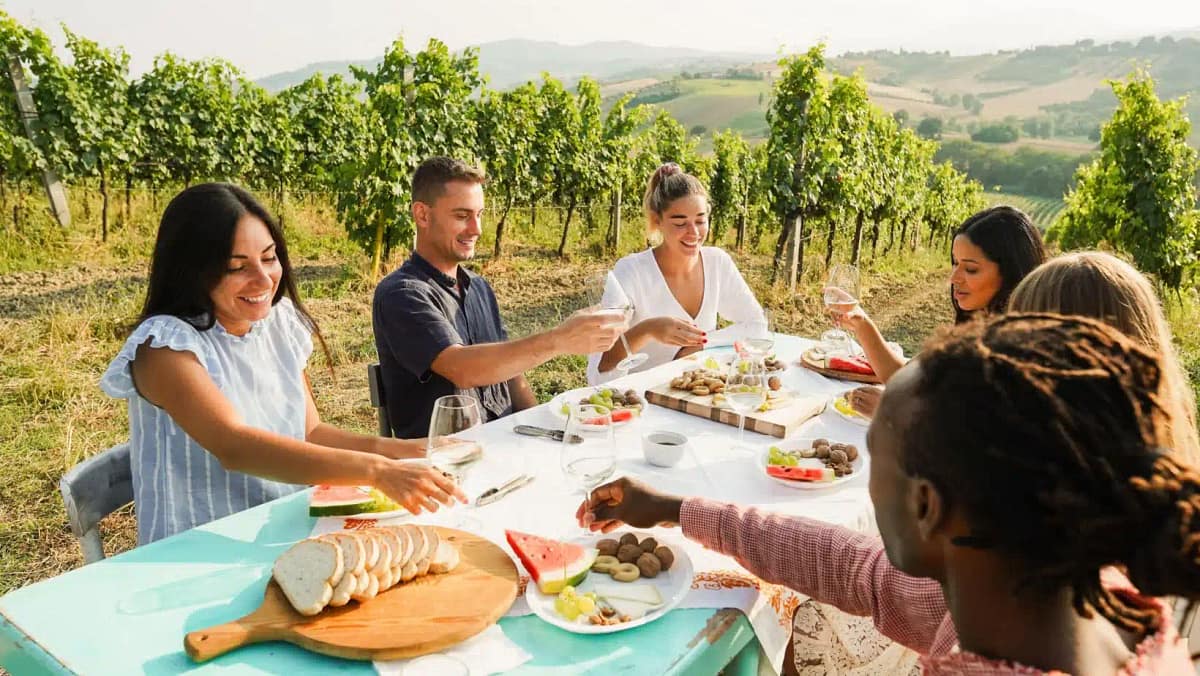
We’ve long known that a strong social network leads to a healthier, more fulfilling life. Don’t overlook the role of having friends, especially if you got out of the habit of socializing thanks to the pandemic.
Legumes
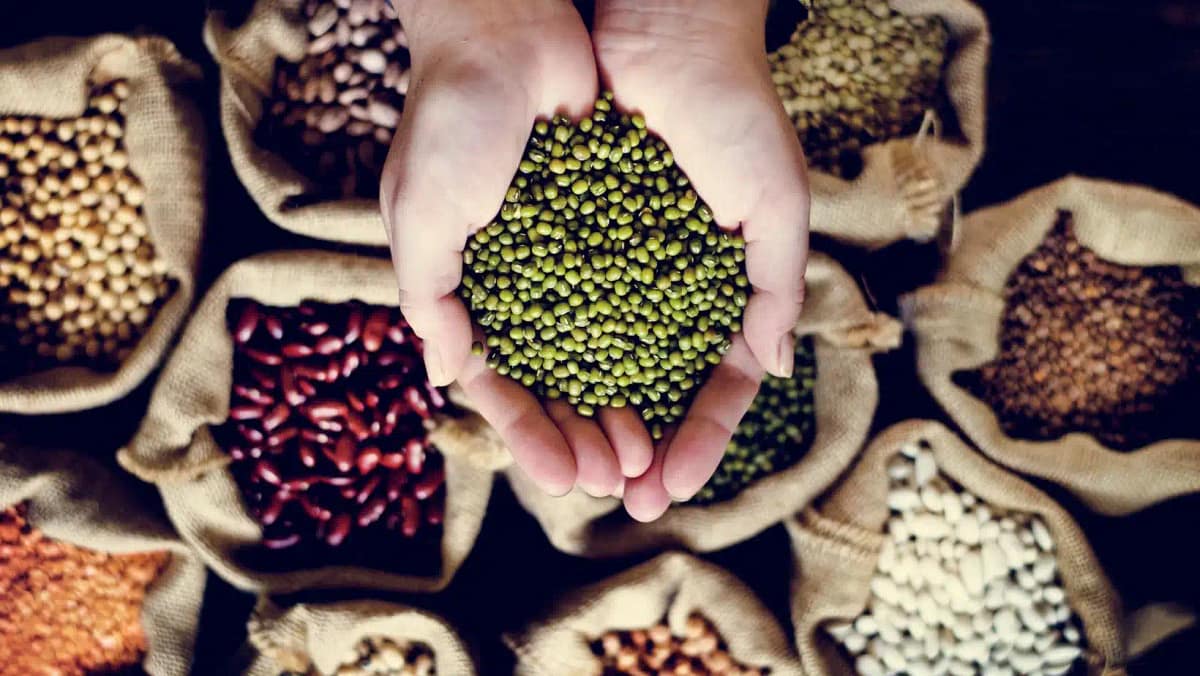
Legumes provide fiber, protein, carbs, and vitamins, all at an affordable price. Some popular legumes are black beans, peanuts, chickpeas, soy beans, and navy beans.
Whole Grains
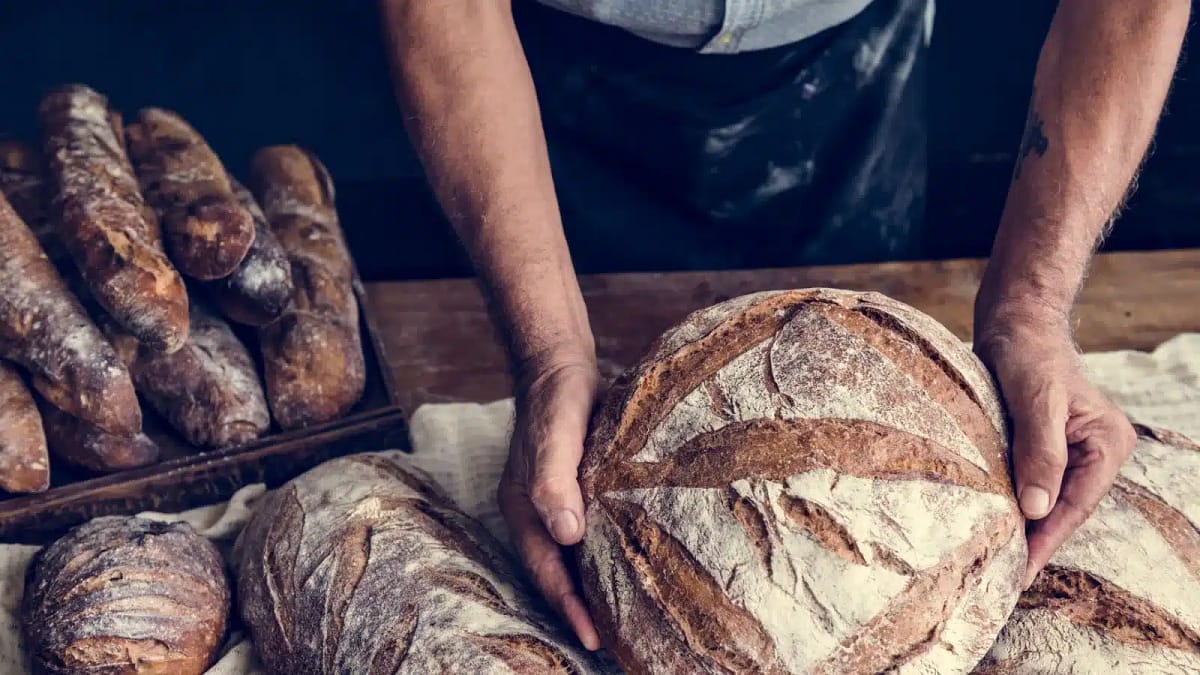
Whole grains include all three parts of the grain: bran, germ, and endosperm. Examples of whole grain foods are popcorn, whole grain bread, and brown rice.
Culturally Isolated
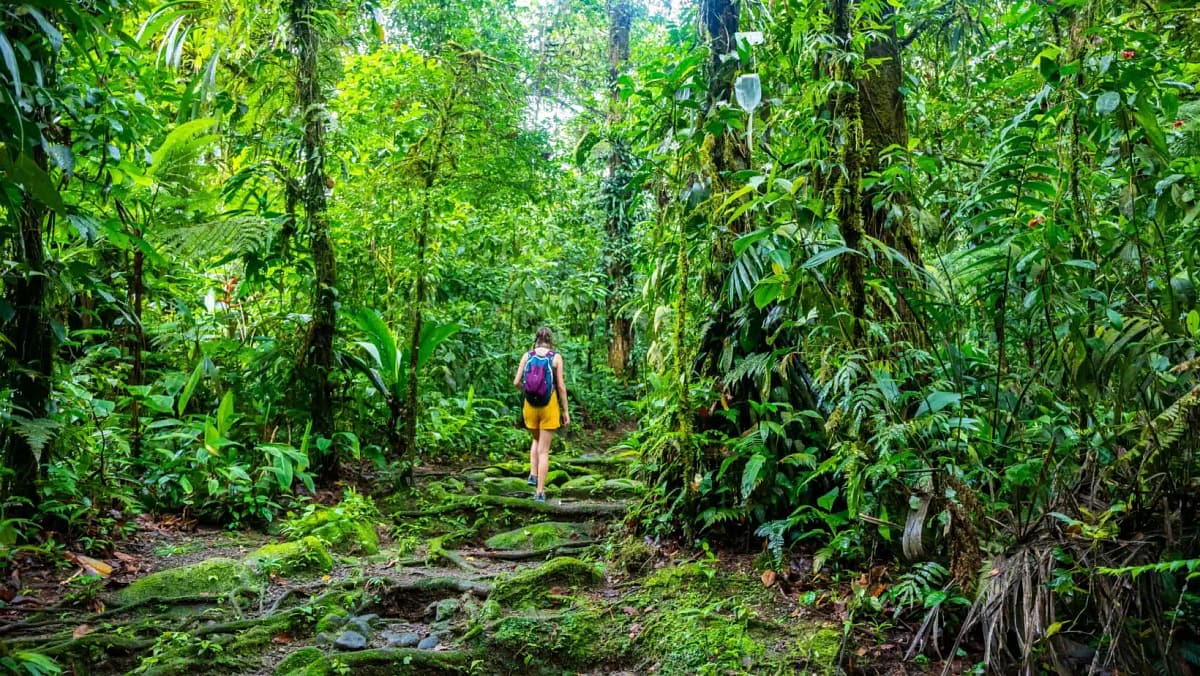
Several of the Blue Zones are known for having homogenous populations in remote locations and little interference from outsiders. While cultural diversity is usually a strength, maybe residents develop closer bonds through isolation, or isolation prevents over-commercialization.
No Alcohol
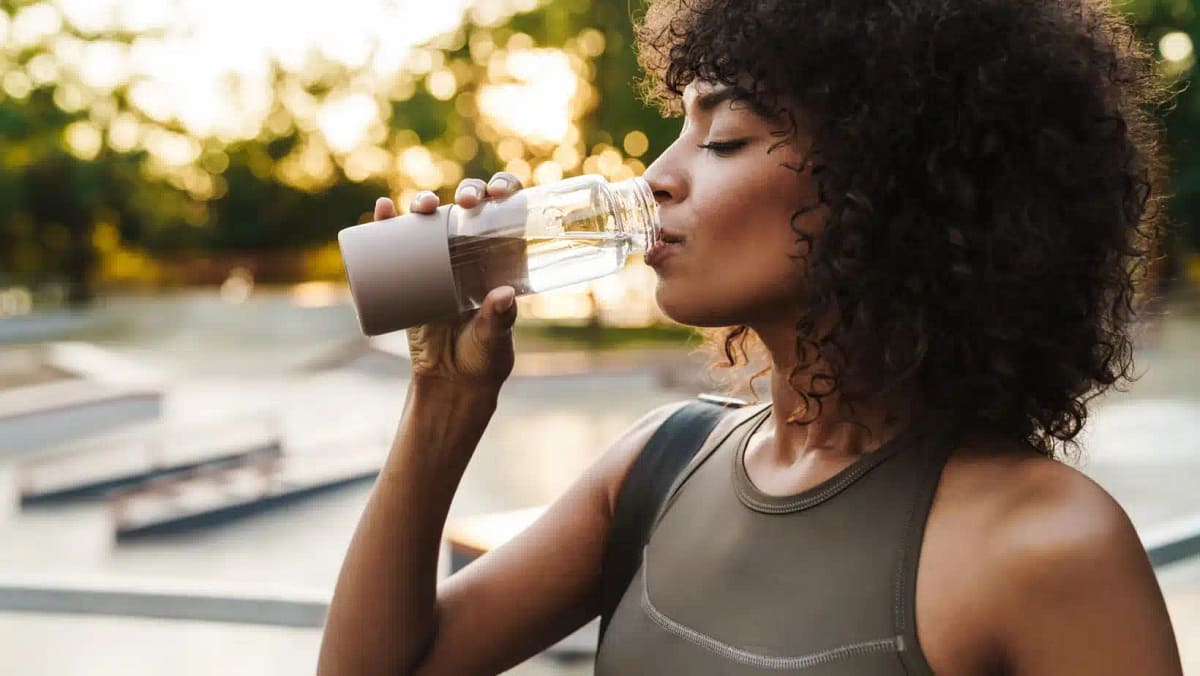
Although some of the regions enjoy wine, which we’ll mention later, some drink very little. Refraining from alcohol has positive impacts on blood pressure, blood sugar, and sleep.
Faith
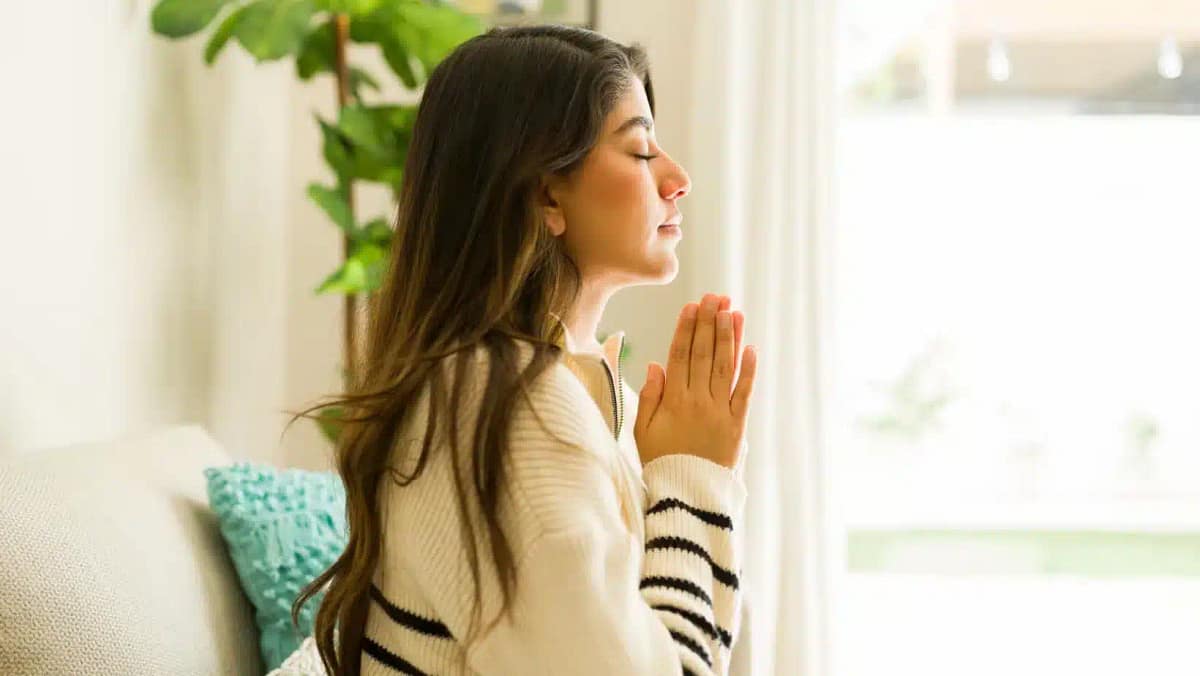
Each of the Blue Zones has a predominant faith: Catholicism, Seventh-Day Adventism, Greek Orthodoxy, or animism.
Empowered Women
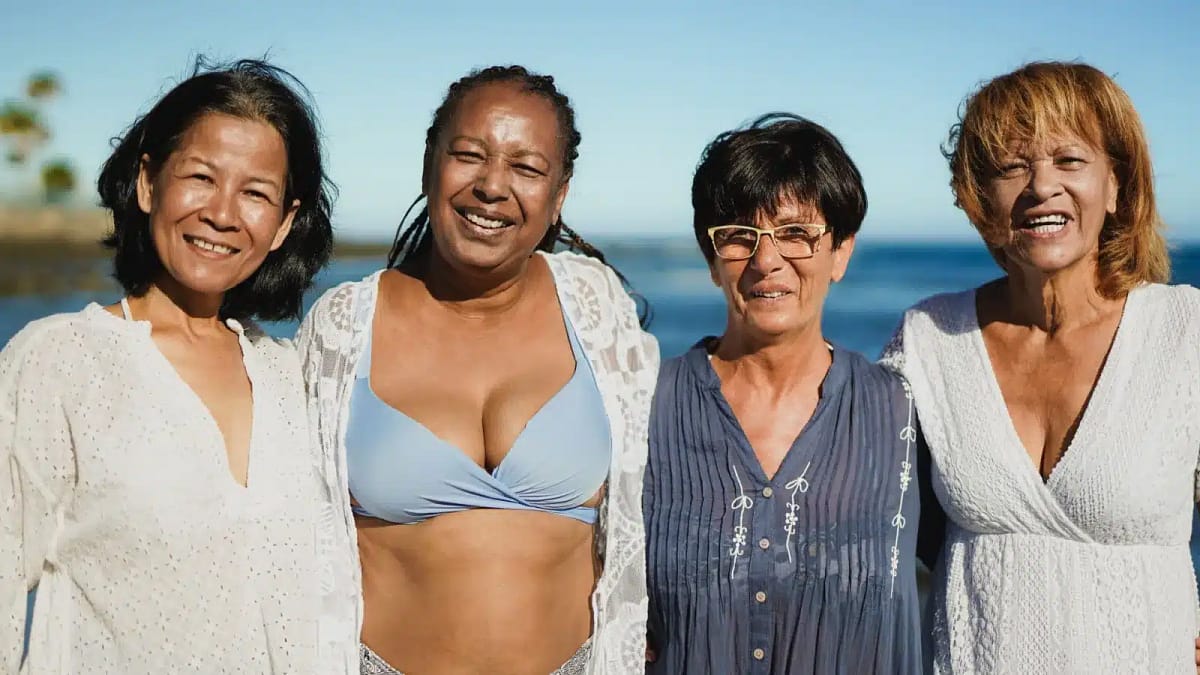
Researchers say women have important roles in the Blue Zone communities, which may help everyone live healthier.
Sunshine

There’s no doubt that sunshine makes life more enjoyable, but it also provides vitamin D and a pleasant environment for outdoor activity.
Gardening

One popular Blue Zone pastime is gardening, which provides health benefits in several ways, from fresh produce, to physical activity, to mental serenity.
Nuts

Nuts are said to have anti-inflammatory properties and improve brain function. Walnuts may especially help prevent cognitive decline.
No Time Urgency
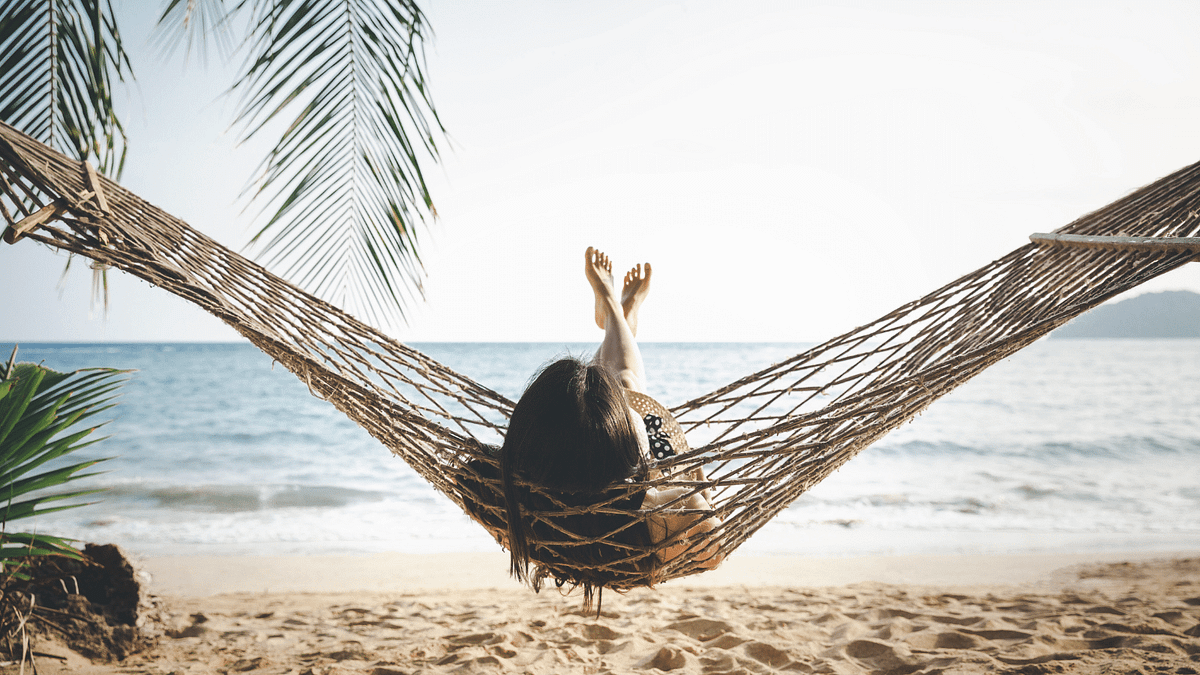
American “hustle culture” may make us feel busy and important, but it’s not contributing to our health or longevity. People who take their time seem to get more of it.
High Polyphenol Wine
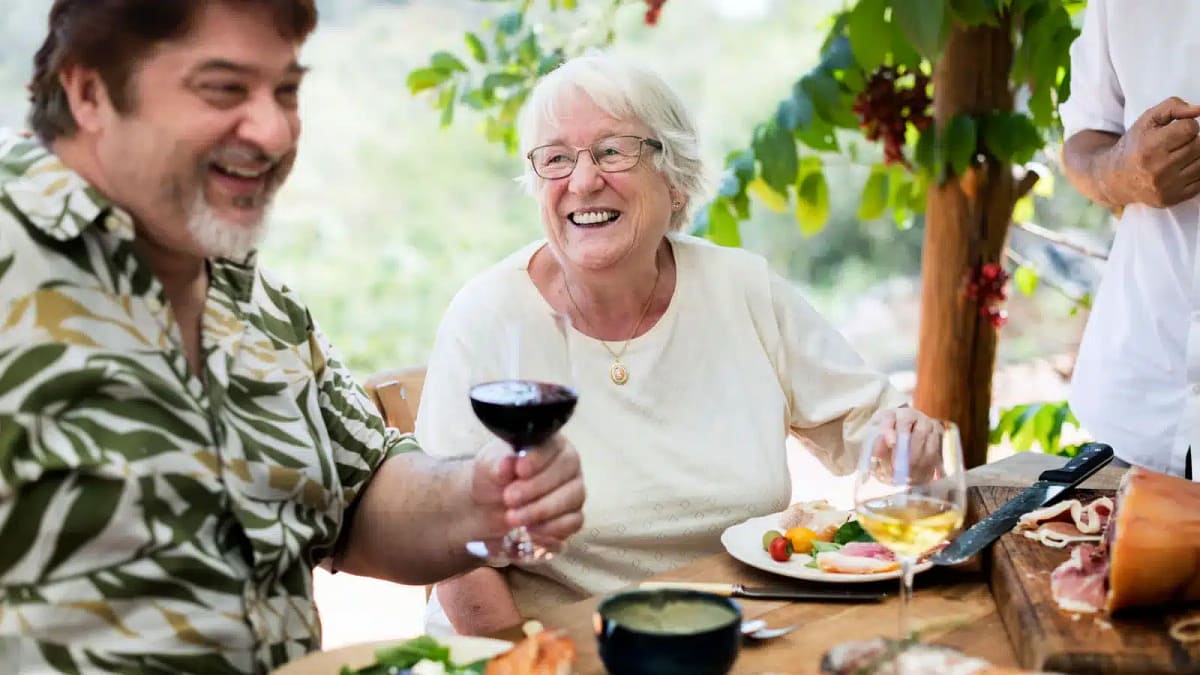
Polyphenols are components of wine that may combat cholesterol plaque. The best wines are dry reds, like Pinot Noir, Petite Sirah, Nebbiolo, and Cabernet Sauvignon.
Likeability
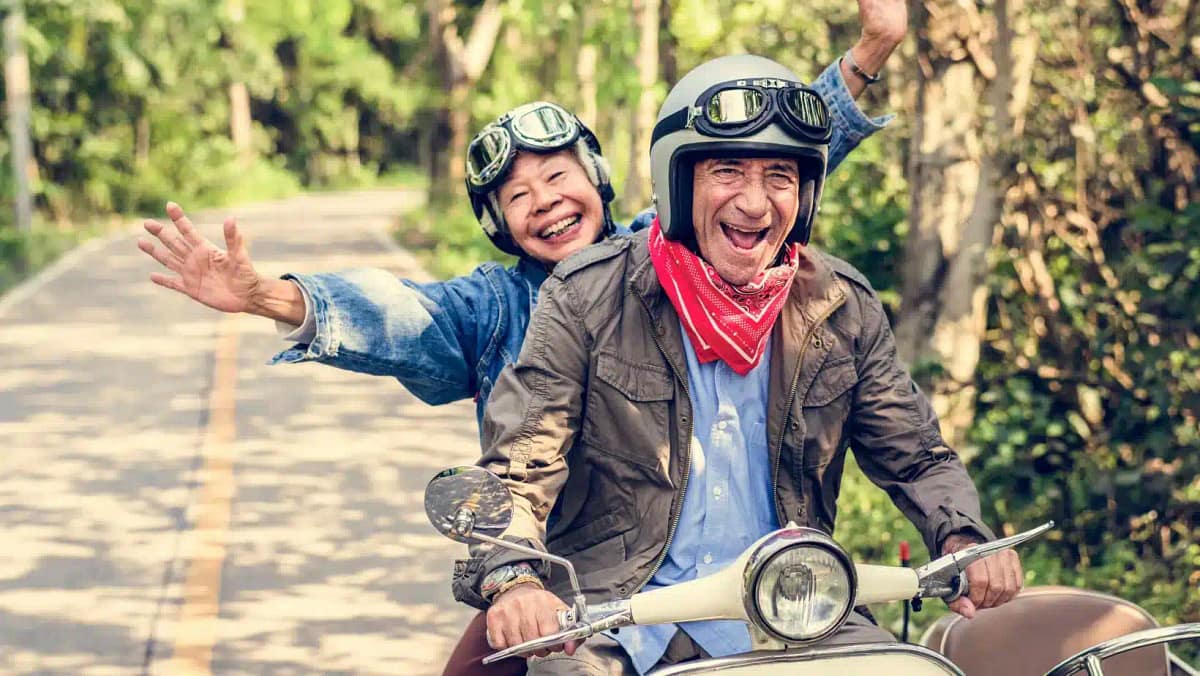
Being likeable may help you live longer, which makes sense: it’s easier to build those social bonds when people enjoy your company.
Turmeric

Once again, polyphenols are at play in this earthy, yellow spice. Many Mediterranean and Indian dishes call for the ingredient, and you can add it to your own favorite foods.
Best Countries for Seniors & End-of-Life Care
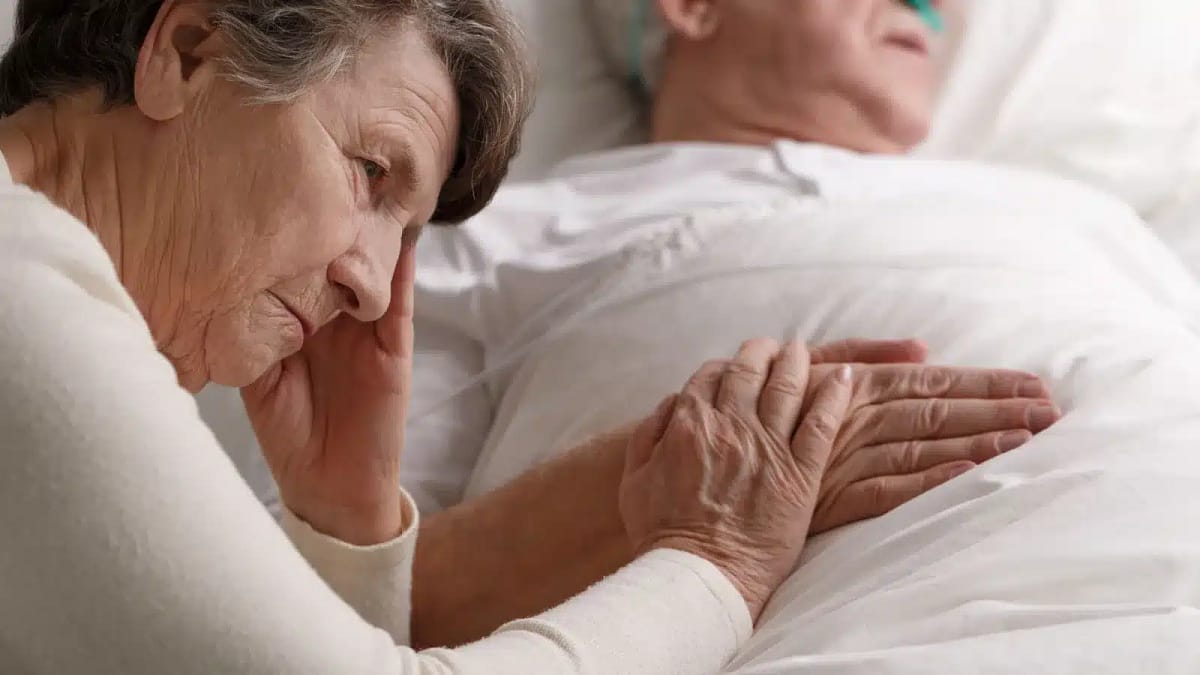
One of our Instagram followers asks, “In , the late/end of life system is designed to bankrupt you and your family while providing dismal care. If someone is living on a limited income but would like to live in a country that provides affordable senior care with dignity, where can they go?”
Duke University created a study on end-of-life care and published an article called “Where is the Best Place to Die?” Their results ranked the U.S. 43rd of the 81 countries considered, based on criteria they created with 1200 experts and 181 palliative care experts. These were the 10 best countries for seniors:
➤ Best Countries for Seniors & End-of-Life Care
Countries Where You Can Live in Peace, Without the Threat of Religious Violence
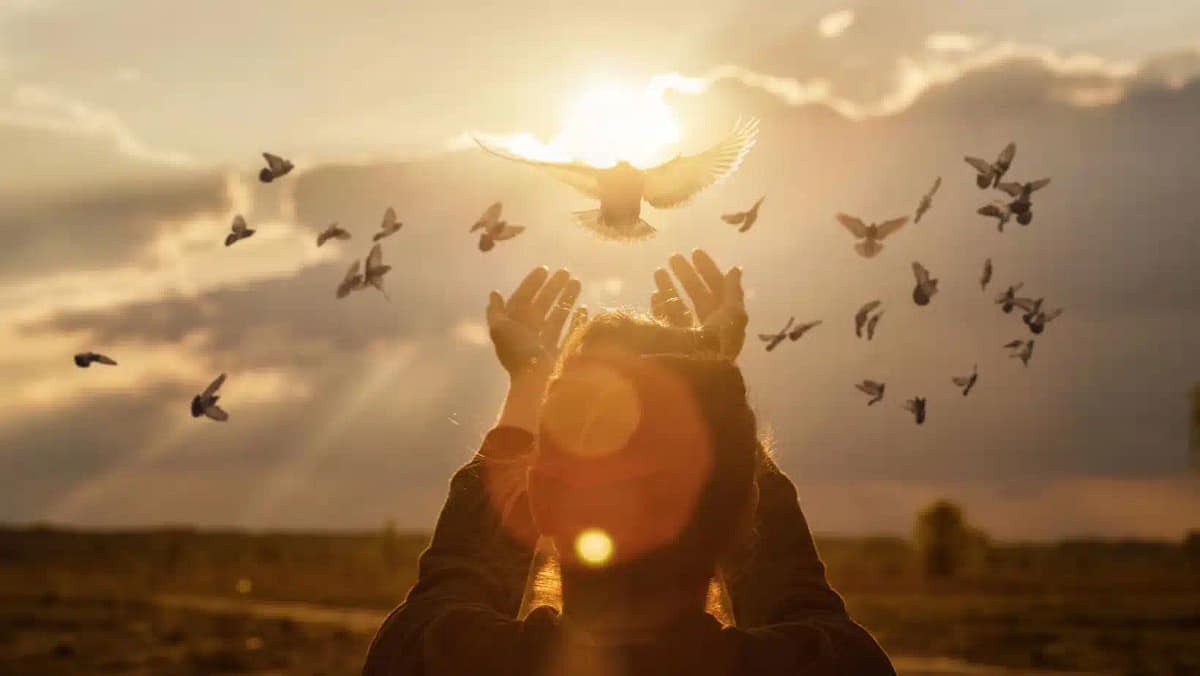
If there’s one thing we can learn from this week’s events, it’s this: religious violence has no place in society. It destroys lives and communities, drives political decisions, and slows social progress. Our global community deserves better.
You may be looking for where you can be safe from such violence. Consider these least religious countries where one of the most prominent belief systems is “no religion at all.”
➤ Countries Where You Can Live in Peace, Without the Threat of Religious Violence
Thinking About Moving to a Safer Country? Here Are the Top 25 Options

What are the safest countries in the world? The Legatum Prosperity Index (LPI), an annual ranking system that measures nations on a dozen measures of social progress, guides us to finding the answers. Where does the U.S. fall on the list?
➤ Thinking About Moving to a Safer Country? Here Are the Top 25 Options
